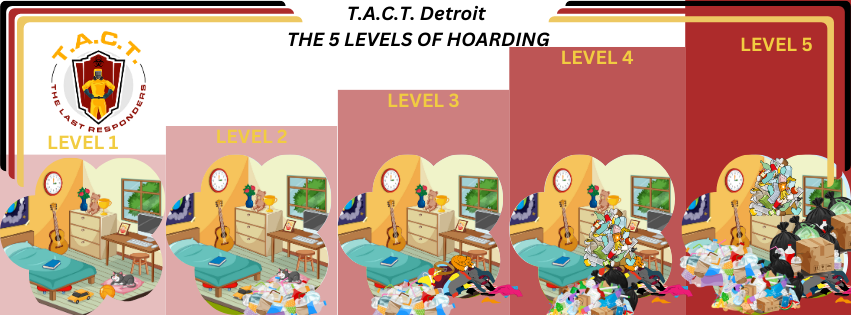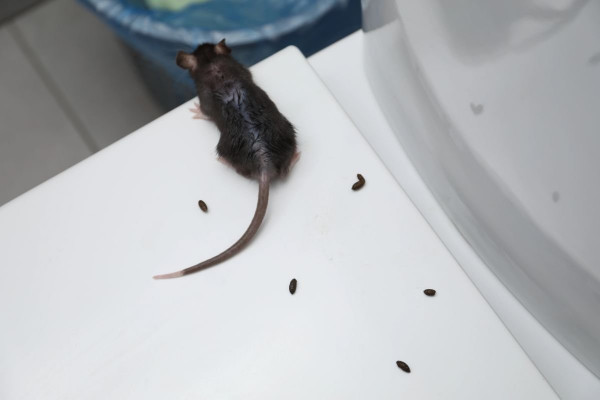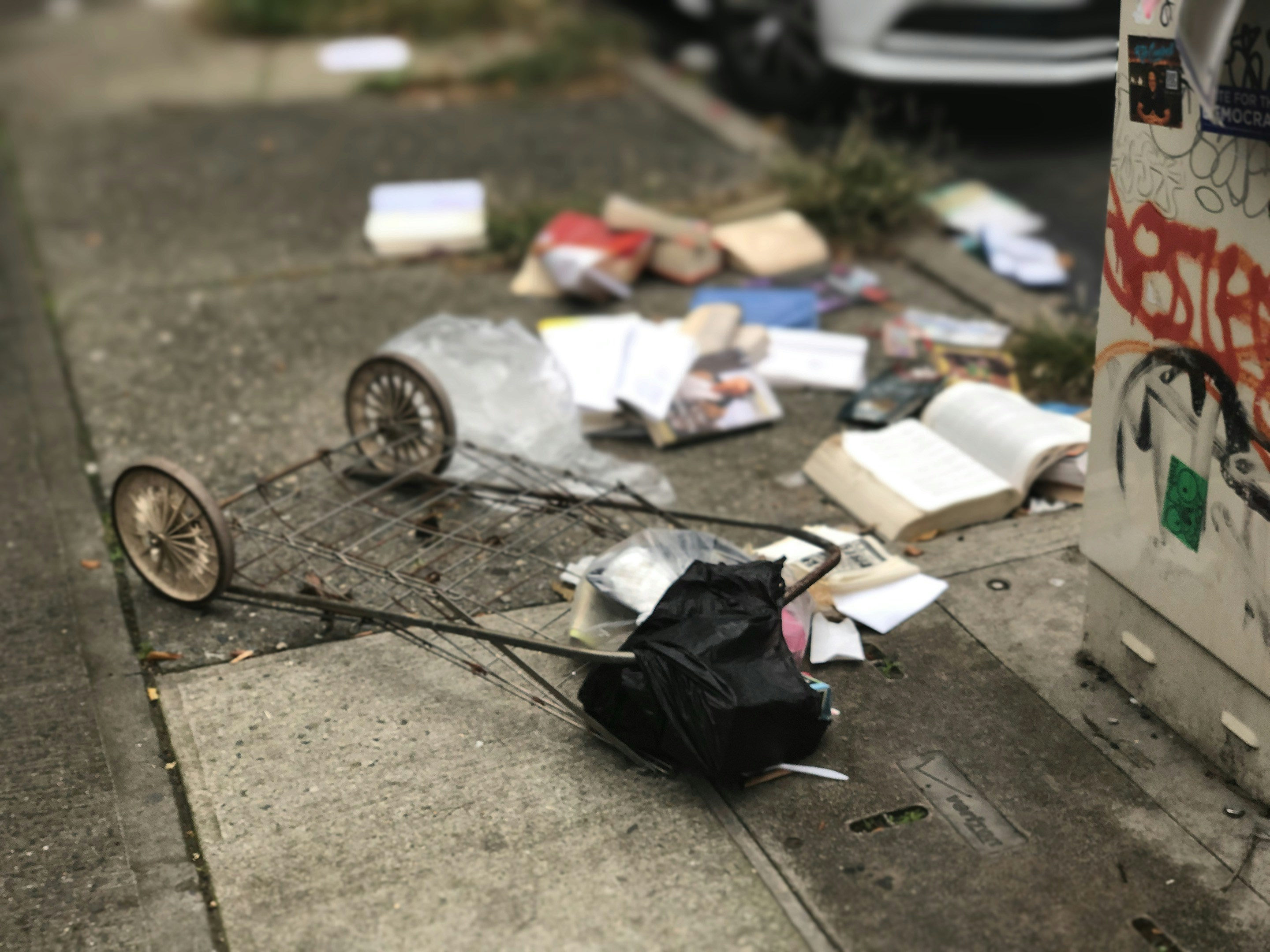How T.A.C.T. Detroit Classifies Hoarding: A Guide to Understanding Severity Levels

How T.A.C.T. Detroit Classifies Hoarding:
A Guide to Understanding Severity Levels
Hoarding disorder, recognized by the American Psychiatric Association, affects an estimated 2-6% of the population worldwide. It's characterized by the persistent difficulty discarding or parting with possessions, regardless of their actual value. This condition can lead to cluttered living spaces, health hazards, and strained relationships. Recognizing the importance of addressing this issue, T.A.C.T. Detroit has pioneered a structured approach to classify hoarding severity, providing a clear roadmap for intervention and support.

T.A.C.T. Detroit, standing for Treatment, Assistance, and Community Transition, focuses on helping individuals with hoarding behaviors through comprehensive cleanup and support services. Their classification system is designed to offer a nuanced understanding of hoarding severity, which is critical for tailoring intervention strategies effectively. Here’s a guide to how T.A.C.T. Detroit breaks down the severity levels of hoarding:
1. **Level One - Minimal**: This initial stage is characterized by slight clutter that does not obstruct the living space's functionality. Individuals at this level may have some difficulty parting with items but are generally able to control their collecting behaviors. While not immediately threatening, early recognition and intervention can prevent escalation.
2. **Level Two - Mild**: At this stage, clutter begins to affect living conditions moderately. Key signs include blocked walkways, crowded living spaces, and mild sanitation issues. There might be an unwillingness to discard items, although it hasn’t reached a critical point. Mild interventions and professional help can avoid further deterioration.
3. **Level Three - Moderate**: The moderate level features significant clutter affecting most of the living space, with specific areas (like bathrooms or kitchens) becoming unusable. There may be noticeable odors, expired food, and a higher risk of pests. Intervention becomes crucial here, as individuals may resist help due to attachment to their possessions.
4. **Level Four - Severe**: By this stage, hoarding significantly impacts the individual's quality of life and safety. Spaces are unsafe to live in, with severe risks from fire, falling, and unsanitary conditions. Professional clean-up services, along with psychological support, are essential to address both the environment and the underlying issues.
5. **Level Five - Critical**: The highest severity level, marked by extreme clutter, structural damage to the property, and possible legal repercussions like eviction or child custody concerns. Immediate and comprehensive intervention is necessary to address the considerable health and safety risks.
Understanding these levels is crucial for professionals, friends, and family members to provide the right support at the right time. According to research and expert opinions, early intervention can significantly reduce the impact of hoarding on individuals' lives. T.A.C.T. Detroit’s structured approach facilitates this, offering clear guidelines for assessment and intervention that respects the individual's situation while prioritizing safety and well-being.
Latest news

Rodent Droppings Cleanup in Detroit, Lansing, Novi, Sterling Heights, and Troy, MI. Proper Remediation is Key for Rat Droppings Cleanup and Post Extermination Cleaning.
Read More
Explore the critical steps involved in trauma scene cleanup, providing essential information for residents in Detroit, MI.
Read More
Hoarding Cleaning in Lansing, Oakland County, Detroit, Novi, Sterling Heights, and Troy, MI. We Work with Landlords and Real Estate Companies for Hoarding Clean Up and Home Deep Cleaning.
Read More